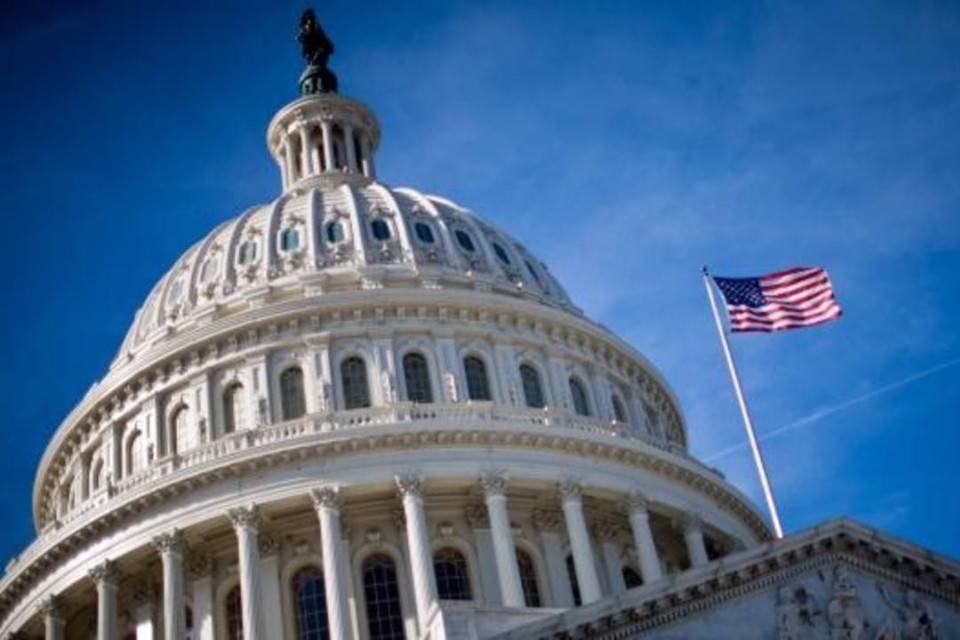The speaker of the House of Representatives of the US Congress, Kevin McCarthy, said that the pre-agreement does not contain new taxes or new government programs
The White House and the Republicans reached an “in principle agreement” this Saturday, May 27, to raise the debt ceiling and prevent the United States from entering into suspension of payments, confirmed the speaker of the House of Representatives, Kevin McCarthy.
“I just got off the phone with the president a while ago. After he fooled around and refused to negotiate for months, We have reached an agreement in principle that is worthy of the American people.” McCarthy pointed out in a message through social networks.
Minutes later, in a brief appearance before the press, McCarthy assured that the agreement includes a “historic” reduction in public spending and reforms that “will lift people out of poverty and incorporate them into the workforce.”
In addition, he stressed that it does not contain new taxes or new government programs, according to the agency Eph.
“We still have a lot of work to do to finish the entire text” of the agreement, warned the leader of the Republicans in Congress, who did not want to answer questions from the press.
This decision is known a few hours after the telephone conversation between President Joe Biden and McCarthy on Saturday afternoon.
When a definitive agreement is reached, the 72-hour rule will have to be followed, which gives legislators three days to read the text before voting on it in the House.
Thus, the consensus that will increase the federal debt limit in exchange for spending cuts requested by the Republicans must be transformed into legislative language and approved in both the House of Representatives, Republican-led, as in the Democratic-controlled Senate.
On Friday, Treasury Secretary Janet Yellen updated her estimate of the deadline after which the country could find itself in default if Congress does not first agree to raise or suspend the debt ceiling.
Yellen informed that the date will be June 5, four days later than the estimates she had previously made.
The debt limit is the total amount of money the United States Government is authorized to borrow to meet its existing legal obligations to pay Social Security and Medicare benefits, military salaries, interest on the national debt, tax refunds and other payments.
From time to time, the United States faces default on its national debt because, unlike other countries, the Government can only issue debt up to the limit established by Congress, that he has the power to raise that ceiling as he sees fit.
The country reached its legal debt limit of 31.4 trillion dollars on January 19, equivalent to 29 trillion euros, which led the Treasury Department to resort since then to extraordinary measures to pay the bills, suspending some payments to the retirement funds of federal employees and to the social security of postal employees, among others.
The use of these special financial tools can be extended until June 5, at which time the United States would go into suspension of payments if Republicans and Democrats do not reach an agreement.
* Also read: Republican Senator Tim Scott announces presidential candidacy in the US
Post Views: 177













